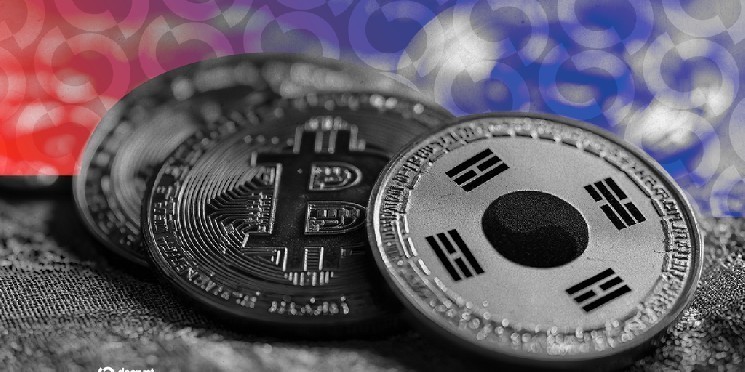South Korea is on the brink of electing a new president on June 3, with digital assets emerging as a significant campaign issue in a country where nearly one-third of the population owns cryptocurrency. Dr. Sangmin Seo, a South Korean technologist leading the Kaia DLT Foundation, believes that crypto is playing an increasingly crucial role in politics.
Seo stated, “This election, Korean politics sees crypto as a narrative to gain voters’ favors, positioning it as another national growth engine besides AI and semiconductors.” Both major candidates, Lee Jae-myung of the Democratic Party and Kim Moon-soo of the People Power Party, have expressed support for crypto ETFs, indicating a rare common ground between them.
However, the candidates differ on stablecoin policy. Lee advocates for won-backed stablecoins to prevent capital flight, citing significant outflows from Korean exchanges in the first quarter. He plans to implement a monitoring system to reduce transaction costs and provide regulated access to crypto for investors. On the other hand, Kim aims to ease banking restrictions on crypto firms by dismantling the one-exchange-one-bank rule and reducing taxes for the middle class to foster a transparent crypto market.
The Financial Services Commission (FSC) in South Korea recently announced plans to allow non-profit organizations and crypto exchanges to sell digital assets starting in June. Additionally, the Democratic Party launched a Digital Asset Committee to establish comprehensive regulations for the crypto industry.
Despite concerns stemming from past incidents like the collapse of Terra, South Korea is moving towards relaxing crypto regulations. Lawmakers are consulting with industry experts to create a regulatory framework that prioritizes consumer protection, drawing insights from leading global markets like the EU, Singapore, the US, and the UAE.
Candidates are also exploring the possibility of launching crypto ETFs in Korea, with a focus on ensuring stability and investor protection. Industry experts suggest that won-backed stablecoins circulating within Korea could mitigate the risk of market shocks and potential collapses.
Overall, South Korea is poised to navigate the complexities of the digital asset landscape, learning from past mistakes and adopting a proactive approach to regulate and promote the growth of the crypto industry. As the country prepares for a new presidential era, the integration of digital assets into mainstream politics signifies a significant shift towards embracing innovation and technology in governance.

